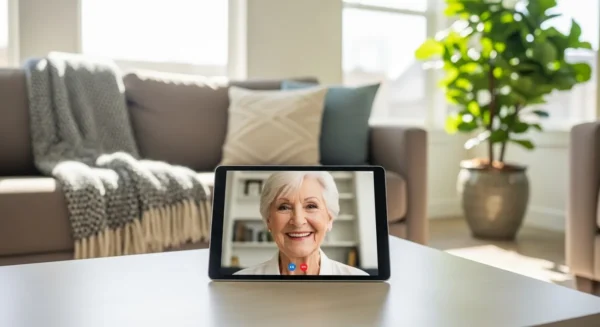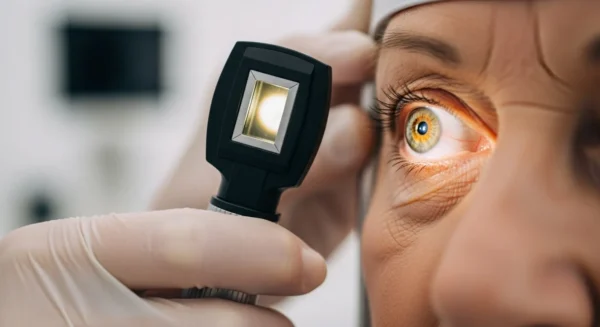
Key Signs It’s Time to Consult a Doctor
While building your emergency kit is something you can largely do on your own, your healthcare provider is a vital partner in your safety planning. It is essential to consult your doctor, pharmacist, or specialist in several key situations to ensure your kit is both safe and effective for your personal health needs.
Seek professional advice if:
- You need extra prescriptions. Many insurance plans limit refills. Your doctor may need to provide a special authorization to your pharmacy to allow you to get an extra 7- to 14-day supply for your kit. Do not wait until an emergency is imminent to ask for this.
- You take temperature-sensitive medication. If you use insulin, certain eye drops, or other medications that require refrigeration, you must speak with your doctor or pharmacist about how to safely store them in an emergency. They can advise you on insulated bags, cooling packs, and how long the medication will remain stable without refrigeration.
- You are unsure about over-the-counter medications. Before adding pain relievers, cold medicines, or other non-prescription items to your kit, confirm with your doctor that they will not interact negatively with your current prescriptions.
- You have complex medical needs. If you rely on electrically powered medical equipment, such as an oxygen concentrator or nebulizer, work with your doctor and medical supply company to create a detailed power outage plan. This may involve backup generators or battery systems.
- You are creating your medical information list. Ask your doctor’s office for a printout of your current health summary. This ensures your list of diagnoses, medications, and allergies is accurate and complete.
Your health is paramount. Never guess when it comes to medications or managing a chronic condition. A proactive conversation with your healthcare team is a critical step in effective disaster readiness.















